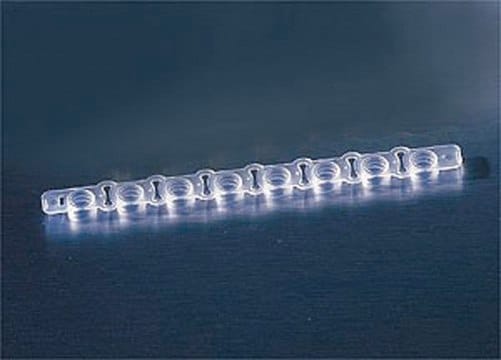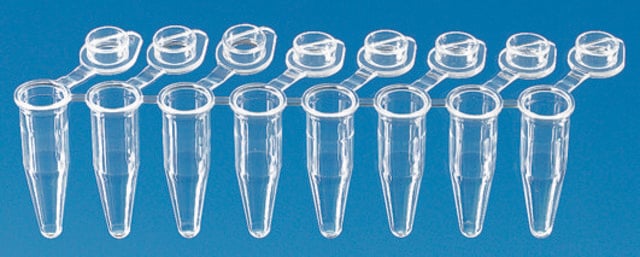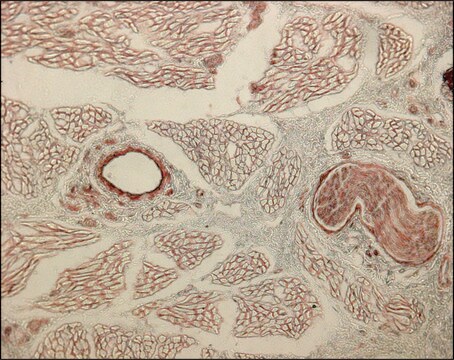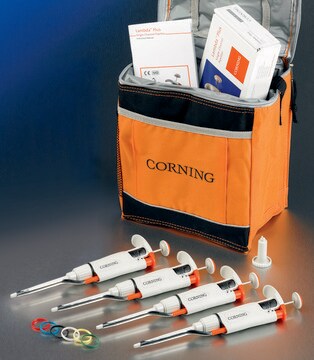MAB3392
Anti-Collagen Type III (COL3A1) Antibody
mouse monoclonal, 1E7-D7
Synonym(s):
collagen, type III, alpha 1, collagen, fetal, Ehlers-Danlos syndrome type IV, autosomal dominant, alpha1 (III) collagen, collagen alpha-1(III) chain
About This Item
Recommended Products
Product Name
Anti-Collagen Type III Antibody, clone IE7-D7, clone 1E7-D7, from mouse
biological source
mouse
Quality Level
antibody form
purified immunoglobulin
antibody product type
primary antibodies
clone
1E7-D7, monoclonal
species reactivity
rat
species reactivity (predicted by homology)
human (based on 100% sequence homology)
technique(s)
ELISA: suitable
immunohistochemistry: suitable
western blot: suitable
isotype
IgG1κ
General description
Specificity
Immunogen
Application
Western Blot Analysis: A previous lot of this antibody was used to detect collagen type III in western blot under non-reduced conditions (Werkmeister J.A., et al., 1988; Ramshaw, J.S., et al., 1988).
Some Collagen samples can be contaminated with other Collagen Types. When purified Collagen is used in an application the purity of the Collagen sample should be verified by SDS-page to minimize the risk of false positives.
Immunohistochemistry Analysis: A previous lot of this antibody was used to detect collagen type III in immunohistochemistry (Werkmeister J.A., et al., 1989; Werkmeister J.A., et al., 1989; Werkmeister J.A., et al., 1988).
Cell Structure
ECM Proteins
Quality
Immunohistochemistry Analysis: A 1:600 dilution of this antibody detected Collagen Type III in rat knee joint tissue.
Target description
Physical form
Storage and Stability
Analysis Note
Rat knee joint tissue
Other Notes
Disclaimer
Not finding the right product?
Try our Product Selector Tool.
Storage Class
12 - Non Combustible Liquids
wgk_germany
WGK 1
flash_point_f
Not applicable
flash_point_c
Not applicable
Certificates of Analysis (COA)
Search for Certificates of Analysis (COA) by entering the products Lot/Batch Number. Lot and Batch Numbers can be found on a product’s label following the words ‘Lot’ or ‘Batch’.
Already Own This Product?
Find documentation for the products that you have recently purchased in the Document Library.
Our team of scientists has experience in all areas of research including Life Science, Material Science, Chemical Synthesis, Chromatography, Analytical and many others.
Contact Technical Service








